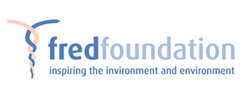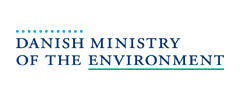UNEP - Equal participation in decision-making
Government survey
19.02.2007 |Sascha Gabizon
A. Government survey
1. In order to determine the current status of gender and environment in governmental practices and to collect examples of governmental methods of work conducive to women’s participation in environmental decision-making, UNEP, in partnership with the Women’s Environmental and Development Organization, developed and circulated a questionnaire to the Committee of Permanent Representatives to UNEP, permanent missions to the United Nations in Geneva and ministries responsible for the environment worldwide.
The goal of the questionnaire is to share good examples of gender-sensitive environmental initiatives among Governments and all stakeholders. The questionnaire covered policy and organizational issues and explored other pertinent gender-mainstreaming elements such as resource allocation, training and capacity-building, gender impact assessment in national environmental polices and programmes, as well as the use of gender-specific indicators in environmental sectors.
In addition, in a section relating to the enhancement of women’s leadership in environment, the questionnaire invited Governments to share good examples of their gender-sensitive environmental initiatives.
2. As of 19 October 2006, UNEP has received responses from the following countries: Canada, Colombia, Congo, Czech Republic, El Salvador, Estonia, Ethiopia, France, Germany, Guatemala, Japan, Kyrgyzstan, Luxemburg, Mali, Mexico, Netherlands, Nicaragua, Philippines, Slovakia, Spain, Sweden, Syrian Arab Republic and Viet Nam.
Once a sufficient number of responses has been received, a survey analysis will be conducted and the results will be widely disseminated. UNEP expects that the analysis will be utilized to develop a concrete plan for technical assistance to countries, to build capacities and develop gender policies and plans of action.


































